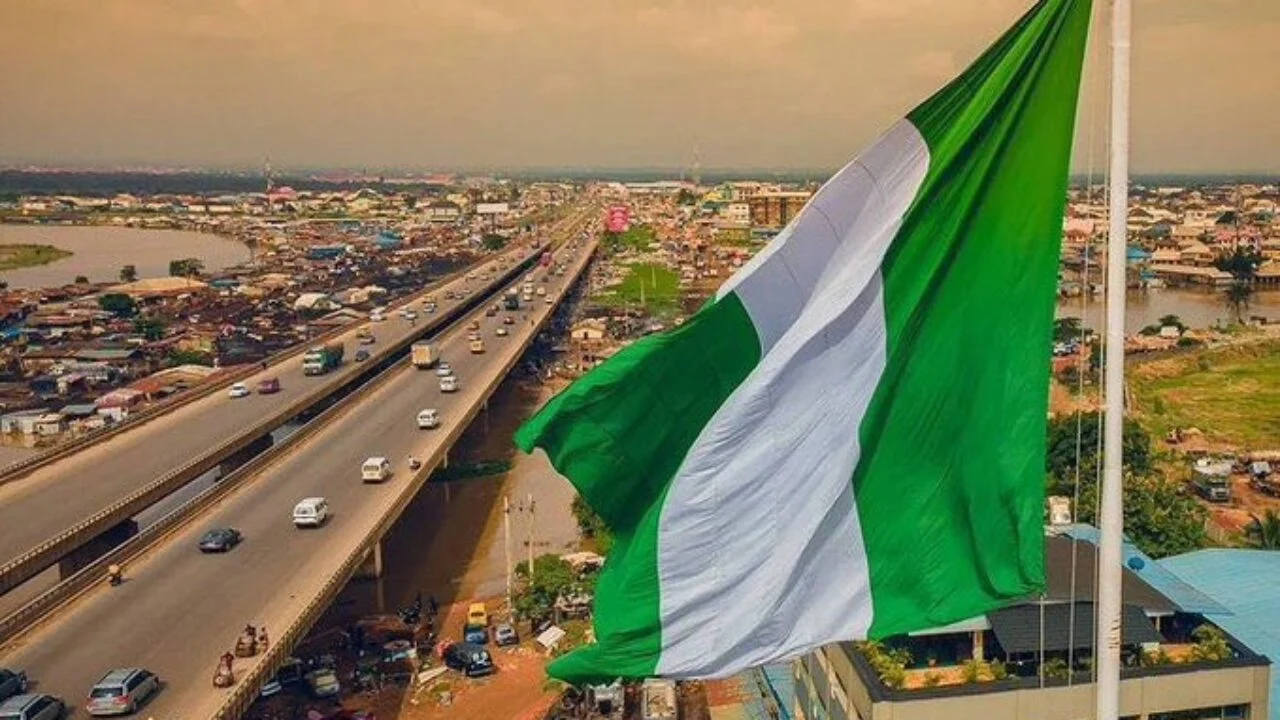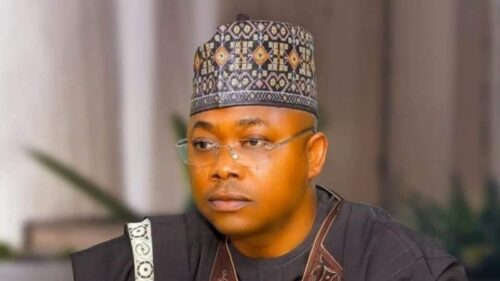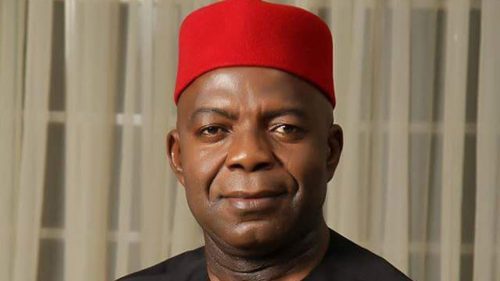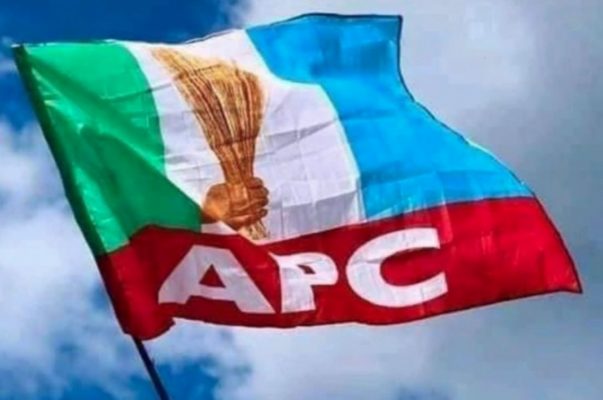How constituency outreach becomes meaningful

By Andrew Oota
The Nigerian Government, and all democracies of the world are anchored on the existence of the Executive , the Parliament and the Judiciary with distinctive but collaborating roles.
While the Legislature make laws for the good governance of the country , the executive formulate policies and the Judiciary interpretes laws and equally punishes law breakers.
It is imperative to stage that the legislative, executive, and judicial branches of government have separate but related functions to the extent that both strive to strike the best deals for and on behalf of the people.
The concept of separation of power ensures that all arms of the government stick to there functions as they serve as checks and balances amongst themselves .
The system do not only balance the power of each branch but also ensures that no branch gains too much control over the other.
Aside the constitutional mandate of the Nigerian legislature , particularly that National Assembly to makes laws, amends the constitution, and recommends bills and motions , the Parliament reserves the powers of oversight.
These powers as enshrined in the constitution allows the Parliament, to track budget expenditure of the ministries , agencies and departments of government to ensure account ability ,financial discipline and reduce sleaze .
The trending situation ,which is an additional role created for the National Assembly is what is now called , Constituency projects .
Constituency projects gained traction during the second term of the Olusegun Obasanjo presidency .
Members and Senators were expected to introduce constituency projects in the yearly national budget to be executed by the executive .
This ,in a way, triggered mixed reactions as it was reported that most of the constituency projects were not executed and that monies meant for it were simply shared .
While the introduction of the constituency project nearly became a condit pipe to siphon public funds by lawmakers, the budget for projects has remained on the upward trend by all sucessive administrations.
Records have shown that a few lawmakers have truly justified the Constituency allocations , most have nothing to show for it.
Suffice to say that constituency projects are visible and can be attested to by all, but the amount of monies extended on this budget line hasn’t yet tallied with the said projects for which monies have been appreciated for on a yearly basis .
Most cases , the Constituency projects are items such as viewing centers , ICT , books and simply farm supports .
These are clearly items designed to be swept by financial malfeasance because they are not only fraudulent ,they also cannot be identified or accessed because they don’t exist .
They have no meaningful impact on the people are they simply condit pipes to steal public funds .
Deputy President of the Senate ,Jubrin Barau May have found the missing link giving his style of reaching out to his constituency .
The Barau model , similar to that of immediate past President of the Senate Ahmad Lawan appears to have addressed the missing links in this regards .
The constituency outreach of these two lawmakers addresses the very issues that confronts the electorates and could potentially elevate there wellbeing and welfare.
Last week, senator Barau committed N2.79billion to Agricultural Revolution in Northwest region of Nigeria.
His target was to create 558 Young Farmer Millionaires.
Father than go the terrible way of blanket ICT centers , viewing centers etc as it has been used by many , the Kano lawmaker opted to address food security through a N2.79billion loan scheme for farmers across the 186 local government area councils in the seven states of the North West Zone.
The loan as explained by Senator Barau to journalists covering the Senate on Thursday last week aims at raising the 558 young farmers’ millionaires across the Seven States on the basis of 69 from Kaduna State, 132 from Kano , 63 from Kebbi , 102 from Katsina , 81 from Jigawa, 69 from Sokoto and 42 from Zamfara .
Barau’s special Advisers on Policy and Monitoring , Professor Bashir Muhammad Fagge , and Media Ismail Mudashir were clear headed on the idea behind the loan.
Tagged “Barau Initiative for Agricultural Revolution in the North West (BIARN)”, the Pokicy and Monitoring Adviser said the young farmers will be selected from each of the 186 local government areas of the seven states .
According to him, “Each beneficiary will receive N5 million to invest in farming during this season. The total sum of N2.79 billion will be disbursed to the beneficiaries.
“Food security is paramount and at the top of the agenda of progressive nations globally. Without it, you are insecure at the individual, family, local government, state, and country levels.
“If you recall, decades ago, the North, especially the North West, was our country’s food basket, producing most of the agricultural products for consumption by the people nationwide and even for export to our neighbouring countries. However, that has become history.
“To change the narrative and harness the enormous arable land across the seven North West states, I have developed the initiative of empowering 558 young farmers in the North West geopolitical zone for the first phase of the programme.
“The Barau Initiative for Agricultural Revolution in the North West (BIARN) programme aims to use the vast arable land in the geopolitical zone to restore its agricultural prominence and achieve food security.
“My foundation, the Barau I Jibrin Foundation (BIJF), is partnering with a relevant national financial institution to implement this programme.
“It will interest you to know that we have had a series of meetings with the institution’s management. Arrangements for the project’s launch are almost complete.
“The initiative’s targeted April this year to launch fully, ahead of this year’s farming season.
“Under the BIARN, three young farmers will be selected from each of the 186 local government areas of the seven states that comprise the North West geopolitical zone—Kano, Kaduna, Katsina, Kebbi, Jigawa, Sokoto and Zamfara.
“Each selected beneficiary will receive an interest-free N5 million loan to invest in farming during this year’s cropping season. The sum of N2.79 billion will be disbursed to the beneficiaries.
“The beneficiaries of this scheme would be guided in cultivating maize and rice crops. This would essentially boost the desired yield of the two crops, reduce the cost of food items, and enhance food security in the zone and nationwide.
“The central concept behind this scheme is to revolutionise agricultural production in northwestern Nigeria by empowering youths with a background in agriculture”, he said.
Suffice to say that projects such as farmers loans as initiated by the Deputy president of the Senate are initiatives that should be emulated, particularly by lawmakers in the northern region that is currently battling insecurity, out of school children , poverty and underdevelopment.
The situation in the Northern Nigeria is precious for reasons that the region has been under siege in the hands of political elites for decades and needs to think out of the box.
The South East is not an exception. The region is undoubtedly the most industrious and similar initiatives could further boost the economies of the South eastern states.
A similar initiative is also needed for the South South and indeed South West to reduce over dependence on government and create wealth for the citizens.
The earlier the National Assembly applies genuine measures in approaching there constituency projects ,the better for Nigeria.
The Barau example clearly goes beyond his immediate constituency of Kano, the emulation is the fact that the project addresses core troubling issues of food insecurity in the North West and Nigeria by extension.










